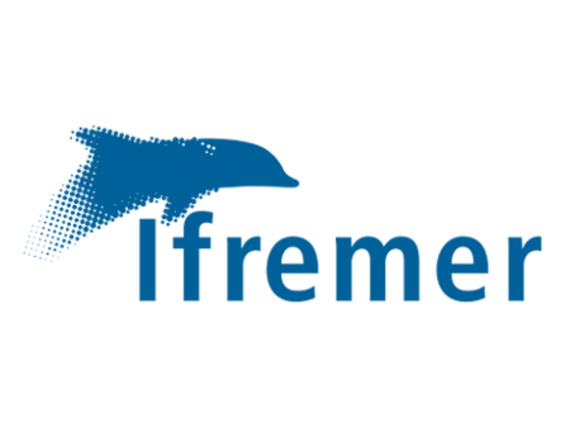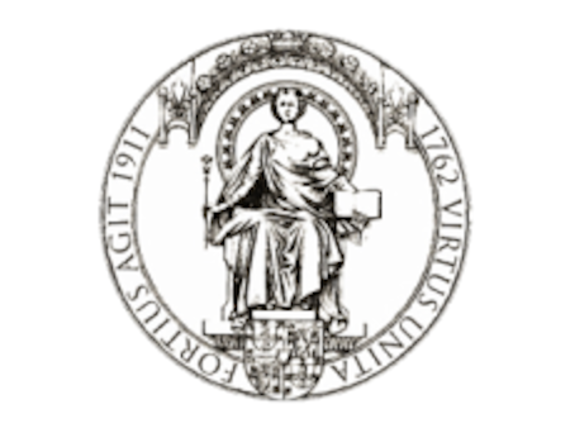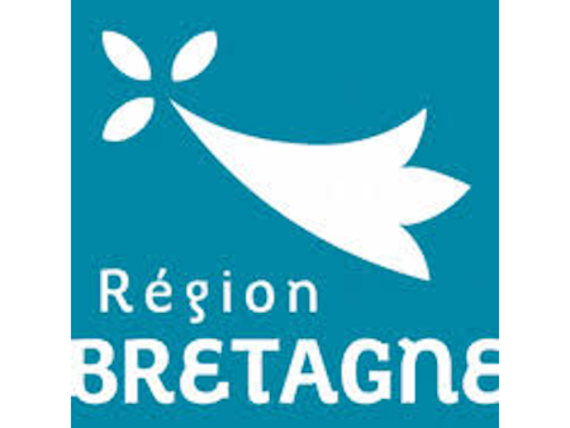Estimating functional and phylogenetic diversity across environmental and anthropogenic gradients in ecosystems structured by engineering species (FUNDIVE)
PhD Thesis of Alexandre Muller (2019-2022)
Biodiversity is the variety of life found in any one place on Earth. But how do we quantify biodiversity?
Traditionally, the number of species and their abundance were used to calculate various metrics of biodiversity, but this approach implicitly assumes that all species contribute equally to the functioning of an ecosystem. Is there a better way of quantifying biodiversity so that species functional roles or the history of their evolution? And how does incorporating this kind of information change our perspective on biodiversity and ecosystem functioning?
At a time when human impacts on biodiversity are multiple, it is essential to characterize the consequences of losing biodiversity on the functioning of natural ecosystems. However, measuring biodiversity is not a straightforward task. The aim of this thesis project is to explore various ways to measure biodiversity and how they relate to the ecological status in two habitats supported by engineering species: eelgrass beds and honeycomb worm reefs. Biodiversity will be estimated using three main descriptors: one based on the number of species, a second based on the biological traits of the species and a third based on the phylogenetic relationship between species. We will assess how habitat stability affects biodiversity in these communities and their consequences on ecosystems functioning.











